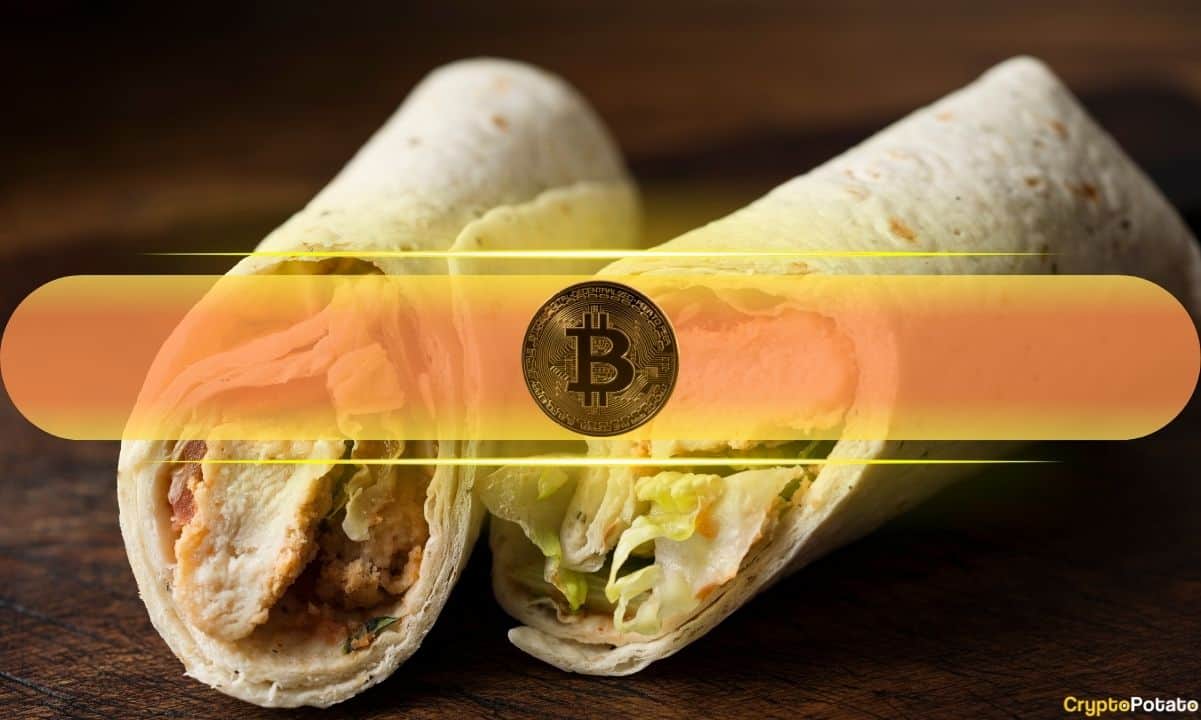Wrapped Bitcoin (WBTC), a wrapped version of Bitcoin developed by BitGo, Kyber Network, and Ren, continues to dominate the tokenized BTC market despite criticism around the project, according to Binance Research’s latest monthly report.
The wrapped token represents Bitcoin at 1:1 on other blockchains such as Ethereum and Solana. This allows users to access BTC on the decentralized finance landscape.
WBTC Holds Over 65% of Market Share
Binance Research’s record showed that WBTC’s weekly transactions have attained an all-time high of 123,200. For several consecutive weeks, it also saw over 100,000 weekly transactions for the first time. WBTC’s supply has also soared over 152,400, representing over 65% of the market share.
WBTC’s current metric is applaudable because of several factors. One is its creator’s decision in August to partner with BitGlobal and the Tron founder Justin Sun to expand the asset’s operations to other jurisdictions like Hong Kong and Singapore. The partnership also aimed to redesign WBTC’s custody structure.
However, various crypto community members criticized Sun’s involvement in the joint force. BitGo’s CEO, Mike Belshe, tried to calm matters by assuring users that the Tron founder cannot single-handedly move funds. Following the community backlash, crypto projects like Sky (formerly MakerDAO) proposed removing WBTC from its collateral.
Weeks after the community members’ criticism, other companies emerged with their wrapped Bitcoin tokens. A popular one is Coinbase’s cbBTC, a wrapped Bitcoin launched on Ethereum and Base. Shortly after its debut, cbBTC soared to being the third-largest wrapped Bitcoin.
Ethereum Becomes Inflationary
Another issue from the market report is that Ethereum is currently leaning toward inflation. In the past month, its inflation reached a level not seen in two years.
Ethereum claims to adopt an ultrasound money system, which makes ETH resistant to inflation while bolstering purchasing power. However, Binance Research’s report shows that the second-largest cryptocurrency is shifting from the deflationary zone.
Following the Dencun upgrade, the network saw a decline in transaction fees, resulting in fewer ETH coins being burnt. With ETH’s issuance rate reaching approximately 0.74% in 30 days, market observers believe the coin is entering the inflationary zone.
Binance Research stated that it would reclaim its deflationary status if there were a significant increase in network activity on the mainnet.

